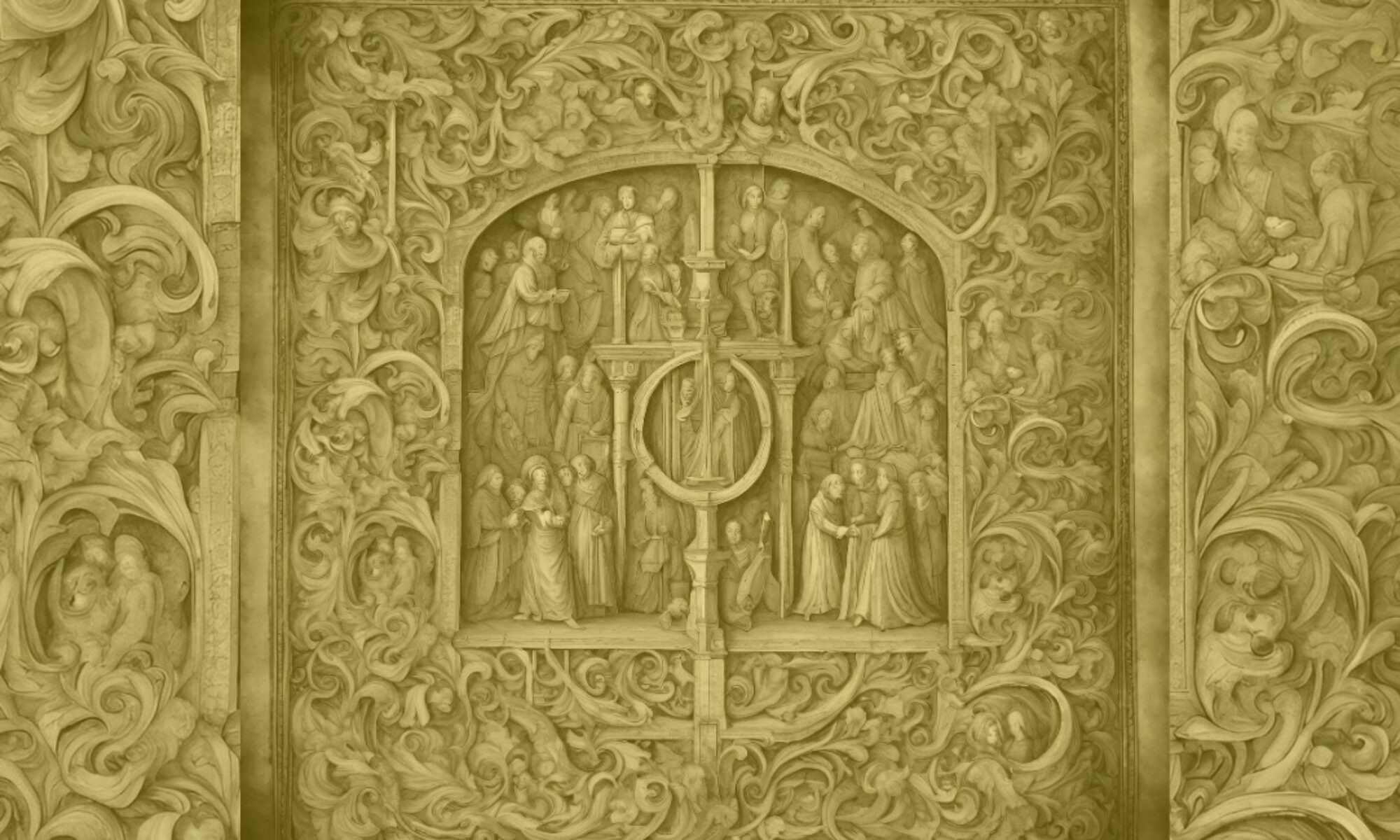Patricia and Kristina’s talk is called “Trickster Energy as a Healing Force?”

The Trickster is a beautifully iridescent archetypal character in mythology. In contrast to its liberating behavior qualities, it’s been much maligned and demonized throughout history. By decrypting the Trickster archetype in its multi-dimensional ability to peek behind the curtains, the two presenters will discuss how those in the business world can engage mythology and psychology to ensure that their products and services are ‘Trickster worthy.’

Drawing on the archetypes of the goddess queens Aphrodite and Persephone, Patricia and Kristina will illustrate how both, facing growing and decaying are essential for meeting the Trickster at the threshold. We live in a time where we experience ourselves and the world as fragmented – outside perhaps solid, but on the inside atomising. Travelling between the upper world and the under world like a trickster, not like a charlatan, is a fresh approach to healing.
About Patricia and Kristina
Patricia von Papstein is a business woman, a clinical and organizational psychologist and a lover of technology and the arts. Following through to her credo “Bliss to Business!” she challenges business and capital owners to refine their unconventional talents and to market products that keep a secret, spread self-irony and celebrate the spirit of contradiction. Currently she has accepted to become a jury member of the Berlin science fiction festival. You can visit her website at www.blisstobusiness.com.
Kristina Dryža is recognized as one of the world’s top female futurists and is also an archetypal consultant and author. She has always been fascinated by patterns and feels we are patterned beings in a patterned universe. Her work focuses on archetypal and mythic patterns and the patterning of nature’s rhythms and their influence on creativity, innovation and leadership.












